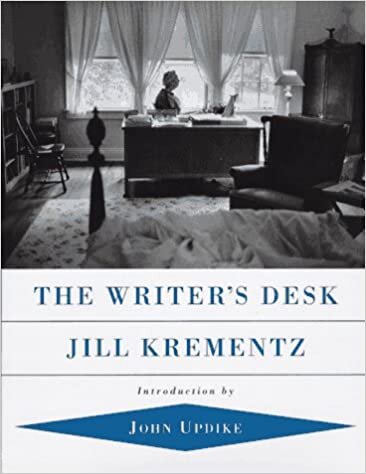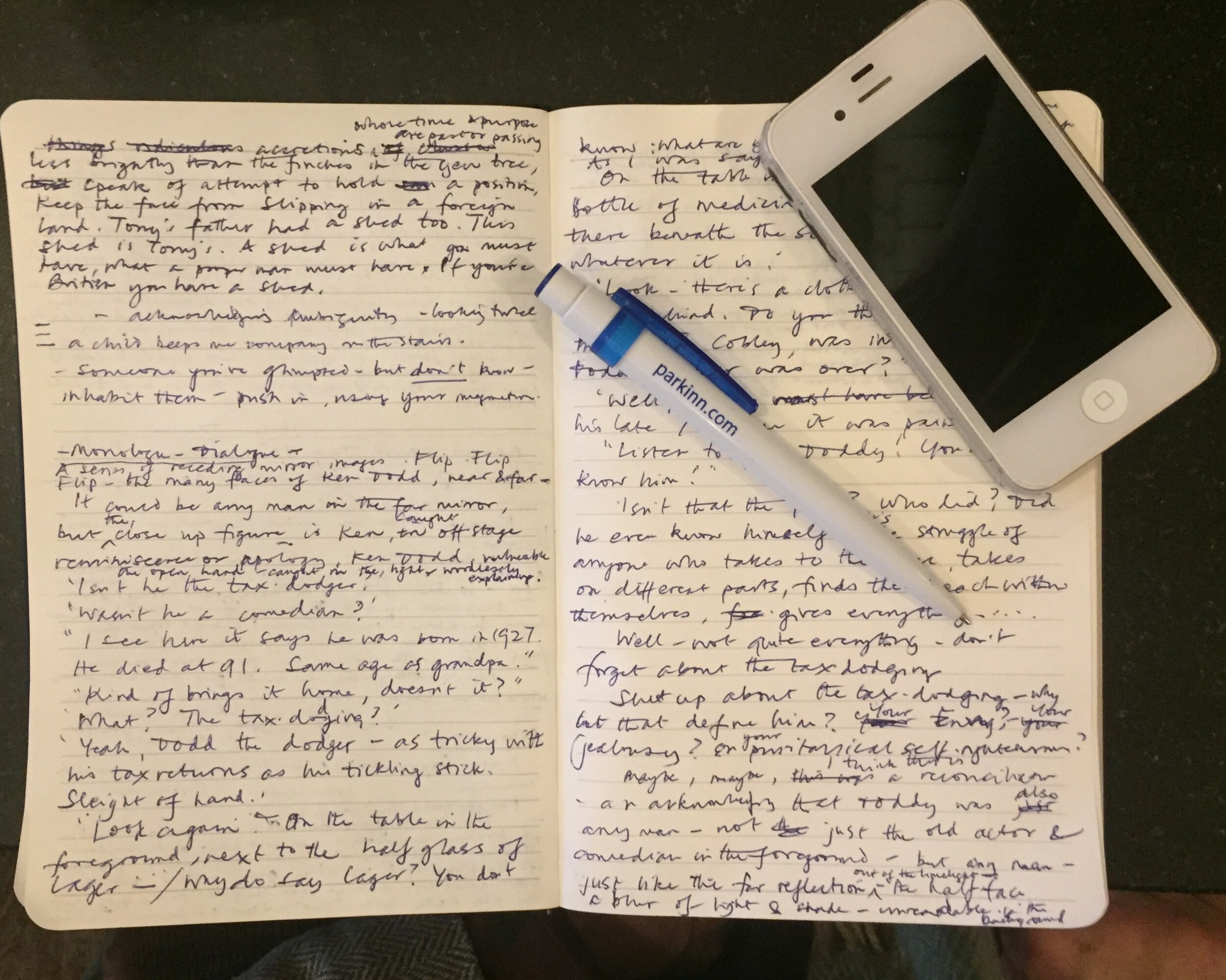When writing at length or by myself, I find memoir by far the most interesting and successful form of writing. I think this is because there is always something specific to latch onto, something about good food or “A time you have itched (physically or metaphorically)” for instance, which helps you start. For me, memoir also guides my brain and thoughts to link the past events to present matters through the people, events or sentiments in each piece. It might be something trivial, usually surrounding a want for food, or something more meaningful like something to be done or avoided, a connection to re-establish or a useful reflection to guide future decisions.
Having recently committed to setting aside time in the week to write for myself, I want to try and continue to do so consistently. I know that the act of writing improves the teaching of writing so I hope I can sustain the habit in the knowledge that this will enrich my practice.
Writing teachers has formed a key part of my professional development for the past six years. Just as the act of writing stimulates writing (Elbow), the act of writing with other teachers develops your teaching of writing and your role as the chief facilitator in a community of writers. The sessions improve your awareness of the complexities and emotional investment that come with creating, meaning that you are more empathetic when listening, appraising and establishing routines for critique. A ‘thank you’ has always become a custom response at any level of critique after so all contributions feel valued and I endeavour to explain how an idea has made me think or feel as often as possible. This level of sensitivity extends to offering how much someone might like to share, even if it is usually the whole piece! Equally, word and sentence level discussions exploring how words work together occur almost daily so that children get regular opportunities to orally compose and explore whilst recognising the strength in shared composition. Until recently, I found these functioned best in shared or guided writing however a small project involving paired writing with rather young writers demonstrated that the climate . Attending writing meetings contributed to developing the courage to let the children go, believing they could talk well, splurge and then refine independently just as we had done so when together.
It is these writerly conversations, and a focus on the process of writing over product, that has had the biggest transformation on my practice and ultimately the outcomes for those I teach – those that can be easily measured and those which are perhaps more difficult.
Teacher writing groups also demonstrate how we must think carefully about task design, being mindful to find aspects that are open ended and allow children to play, self-embellish and invest. This awareness is developed through listening and partaking in the appraisal of an exercise when writing alongside adults, discussing whether the brief was too open or pitched well and aspects that led to blank spots. These thoughts translate well into the classroom as you design learning opportunities, becoming aware of how much structure you should offer and recognising the need to balance exercises that are structured and those invite complete ownership over an extended period of time.
The conversations are another powerful aspect of joining a group. It is an opportunity for honest reflection about how writing works in our individual schools and classrooms, to find antidotes for problems with cohorts or strategies for adding in what you know works amidst the constraints of the curriculum. In this way, it can help you self-select aspects of your practice that could be improved.
Attending a group regularly reminds me of the need to include more low stakes, high investment opportunities as I know from the experiences of fellow attendees that these are powerful in allowing children to develop their own sense of voice and perceive themselves as a writer. I also know through anecdotes from group members that I need to write more regularly alongside the children as well as teach, so that they see this development as important.
It is very hard to summarise the value of attending to someone thinking of joining but, once started, you just know it is good stuff. It feels right and though you might not wish to replicate the exercises themselves in class, the process of writing, perhaps rediscovering writing again, is invaluable and unbelievable informative for teachers of all stages and levels of experience. Through attending, I would hope that the children I teach see me as someone who is passionate about exploring and playing with interesting words or phrases; choosing these carefully so that a listener appreciates how they were thinking, creating pictures and feelings. That a writer is a good listener and I am someone who carefully, sensitively appreciates their written work and shows it has value. I would hope they would see I value the development of their own written voice as important.
I hope the reach and influence of the project grows tremendously. The sessions are valuable to experienced and newly qualified teachers as they help to develop those who attend in different ways, the way that they need at that time, and this manifests in the learning opportunities they deliver to young people. This might owe to mimicking an activity used during a session or encouraging a way of thinking and being when writing after attendance over time. Consequently, the NWP could play a really key role in re-shaping the understanding and conceptualisation of writing in schools across the country, resulting in a teacher-led change to how it is taught and experienced in the classroom.





















